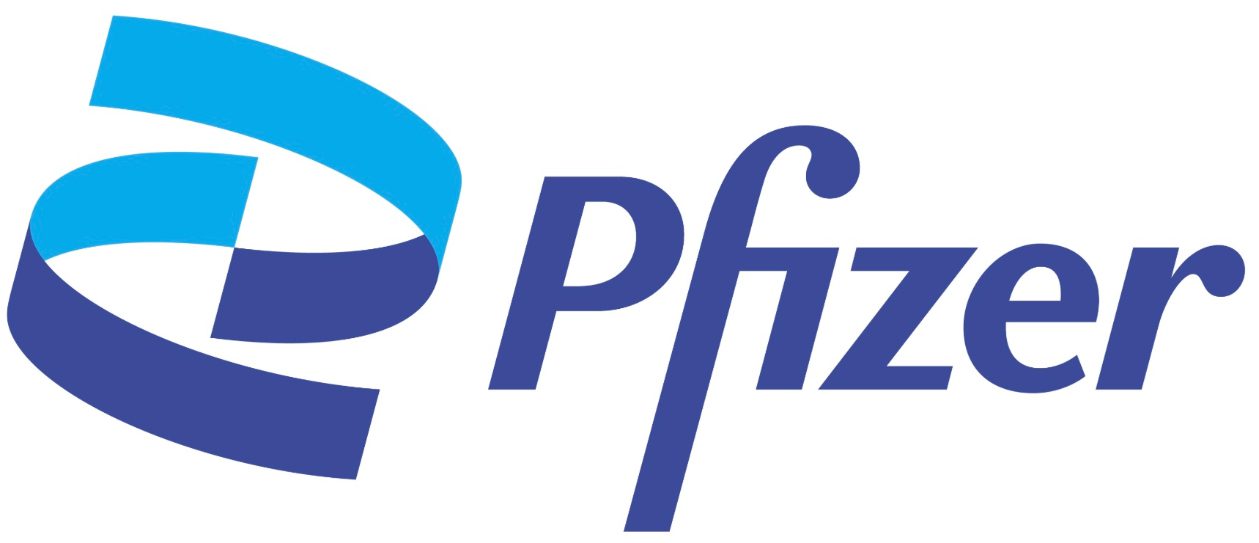Even more new weight loss drugs are coming!
Robert Price | Last update: 26th September 2025
Two of the world’s biggest drugmakers, Pfizer and Roche, are pushing fast to get a part of the weight loss drug market. This means the competition is going to get even more fierce for a slice of a predicted £150 billion global business. For us all the most important part is that the drugs are set to get better.
Here’s our SlimrChat update

Pfizer is back in weight loss drugs

Pfizer, the US drug company, is back in weight loss drugs. They had to cancel previous trial drugs because they didn’t meet expectations.
To move quickly to be back in weight loss treatments they have announced they have agreed to acquire Metsera, another US drug company that is developing new drugs. They are buying Metsara for up to £5.5 billion, which shows how important they think weight loss drugs are going to be for them going forwards.
By buying Metsera, Pfizer has access to a portfolio of at least 3 new next-generation treatments. They include a GLP-1 treatment that has shown over 11% body weight loss in 12 weeks in trials, an amylin (works with insulin) treatment that has shown 8% loss with possibly better side effects and a combined treatment that could deliver even better results.
Roche has positive results too

Roche, the Swiss drug company, is also moving quickly. They want to be a leading player in weight loss drugs and build a position to compete with Wegovy and Mounjaro manufacturers Novo Nordisk and Eli Lilly. They’ve also bought other players.
They have a new GLP-1/GIP drug, which works in a similar way to Mounjaro, that is now going into its third stage of trials.
The drug has shown average weight loss of over 18% in 24 weeks in previous testing, with over half of people losing more than 20%. The drug has also been successful in reducing blood sugar to normal levels for people who were pre-diabetic.
What does all this mean for us?
In short, more choices and improved treatments over the next few years. Monthly dosing, new drug combinations and better tolerability could give patients more flexibility and fewer side effects.
We’ll keep you up to date with all the developments.